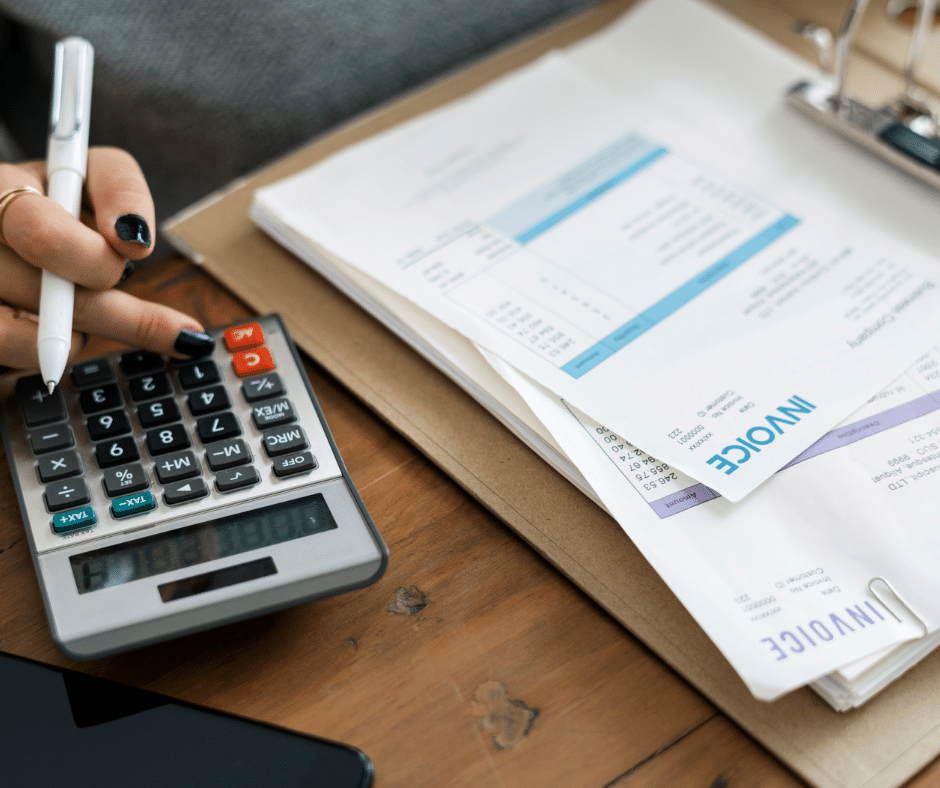By Jamie Wagner, Ph.D.
Understanding Debt
If you read or hear much about debt it tends to be portrayed in a negative light. We talk about how much debt Americans have or the student loan crisis. I even wrote a post highlighting many negatives about debt here. However, I’m personally ALWAYS skeptical when financial advice articles use absolutes when giving advice (see what I did there?). I’ve heard rules like “never take out a loan for a car” or “education debt is always good debt.” But, I want you to get away from the rules and start thinking about what you’re doing financially. Understanding debt – that it isn’t always good or bad – will help on your financial path. Without debt most people couldn’t buy a house; there would be only a handful of doctors as most wouldn’t be able to pay cash for their education or work while going to medical school; or people couldn’t get a job because they didn’t have the cash on hand to buy reliable transportation.
My Debt Journey
I want to share with you a personal story about why following the rule of debt could have been the wrong decision for my family.
In 2014 I was finishing up my fourth year of grad school. I was living in Lincoln with my husband who was using my car to commute to Omaha for work (we wanted to put the miles on my Cavalier because we were planning to get rid of it soon). One day on my husband’s way to work he was in a pretty bad car accident. He was rear-ended and hit the car in front of him. Luckily and most importantly, no one was hurt in any of the three vehicles involved. But, my car was totaled. My already compact car was half the size it started out as.
I was a graduate student making $15,000 a year. My husband was making more, but we were far from having much disposable income. However, we had been saving up every penny we could to put toward a house when I graduated the next year. We were in a pickle—do we take the cash we’ve been saving up for a house and buy a car or do we take out a loan for the car? The rule follower would say without a question that we should have paid cash for the car. But remember the real answer to these kinds of questions is “It depends.” If we took the money from the down payment for the car we would be short the 20% down payment for the house forcing us to pay for PMI (Private Mortgage Insurance) which can be quite costly over time. Also, even if the interest rate on the home loan is less than the car loan rate (which it was), the house is a much larger purchase and will ultimately cost us more. For example, 3% on a $150,000 purchase versus 5% on a $20,000 purchase. Therefore, paying cash for the car would have likely cost us so much more than simply taking out an auto loan.
Breaking the Debt Rules
When you need to buy a car, would you rather take out an auto loan for about 5% or take the $15,000 out of your investments which have been returning an average of about 8%*? If you’re doing some remodeling on your house and are at Nebraska Furniture Mart to buy carpet, is it better to put that on your credit card with an APR of about 18% or take out a personal loan for 8%?
Debt is not always bad and rather than focusing on the rules, think about the situation and the short and long-term consequences of your choices. Debt can be a tool to help us in certain situations, but you must be diligent so you do not get caught up in the danger that can arise from being careless with your finances.
*S&P has been averaging just under 10% for the last 90 years



